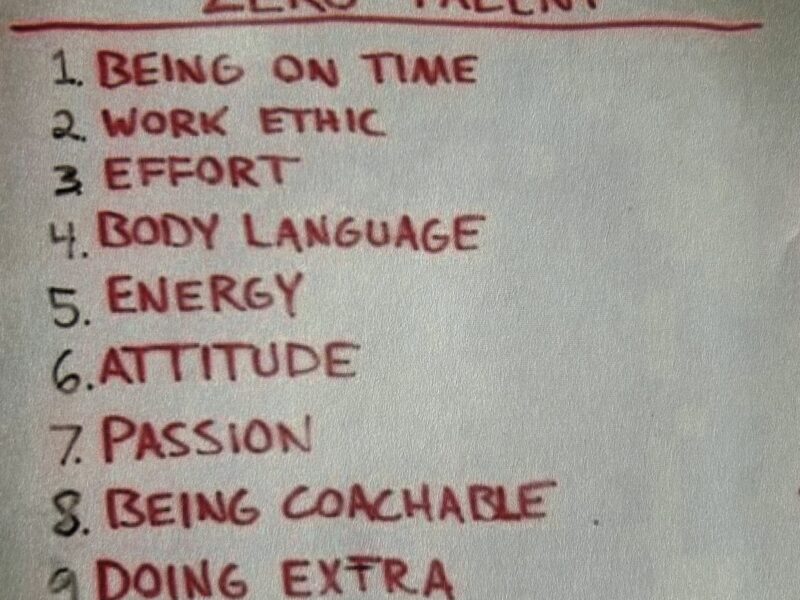A career spent watching 1000s of kids head off to college led me to enough conclusions to write two books on the subject. The first, College Success Guaranteed (Rowman & Littlefield, 2011), offers 5 rules to help college-bound students actualize their executive functions. (Can you tell I taught history for a couple of decades?)
Here’s a past post on the subject:
//hydeschoolstg.wpengine.com/2014/04/11/malcolms-blog/csg-1-0-overview/
The sequel, College Success Guaranteed 2.0 (Rowman & Littlefield, 2014), follows with 5 Rules specifically designed to help the parents of these kids step aside, let go, and actually let them go to college…:-)…:
Here’s a post on that one, as well:
//hydeschoolstg.wpengine.com/2014/04/16/malcolms-blog/csg-2-0-overview/
Each spring I speak to audiences of high school seniors and their parents in hopes of starting them off on the right foot. I choose this time of year because I’d rather not compete with the anxiety that has come to overwhelm far too many kids and families during the application process. (I get a kick out of asking, “If you’re getting this worked up over the whole thing, what are you going to do when something that is actually important presents itself in your lives?”) Anyway…
Someone recently asked, “What would you say to students and families who are, in fact , immersed in that process?” Fair enough. In the interest of consistency, here are 5 rules… er… factors for you to consider:
1) Don’t over-apply (i.e., too many applications). The folks in our college counseling departments at Hyde tell me that they generally recommend that students hold their number of applications at the high end of single digits. One officer said to me, “If a student applies to more than 10 colleges, I question him or her as to whether enough careful research has been put into developing the list.” However, that doesn’t mean that everyone follows our guidance. In fact, we’ve seen kids who have applied to more than 20. (And no, I’m not exaggerating for effect.)
2) If you don’t know the 6-year graduation rates of the schools you’re considering, perhaps you should. A school with a high graduation rate – e.g., 70% or higher – may well offer a more productive environment that might well have a positive impact on your behavior. There are a bunch of web sites offering these statistics. The Chronicle of Higher Education has a good one:
http://collegecompletion.chronicle.com/
3) Size and Geography – When I was applying to schools, I was asked three fairly timeless questions: 1) What size of school would you prefer? 2) What geographical region of the country most appeals to you? 3) Do you want to be in, near, or far away from a major city? Forty-five years later, I ask kids these same questions. A few moments spent pondering them might well help you narrow down your choices.
4) Know thyself. As I write in College Success Guaranteed, Man is the only animal in the forest that bullshits himself. Do you know… really know… the environment best suited to your highest academic performance and most productive social life. How do you know you know?
5) When all is said and done, good luck, but remember, whatever they decide — up or down — says a little about you and a whole lot about them. Never let your self-confidence be determined according to others’ assessment of your worthiness. That decision is yours… and yours alone.
Onward, Malcolm Gauld


